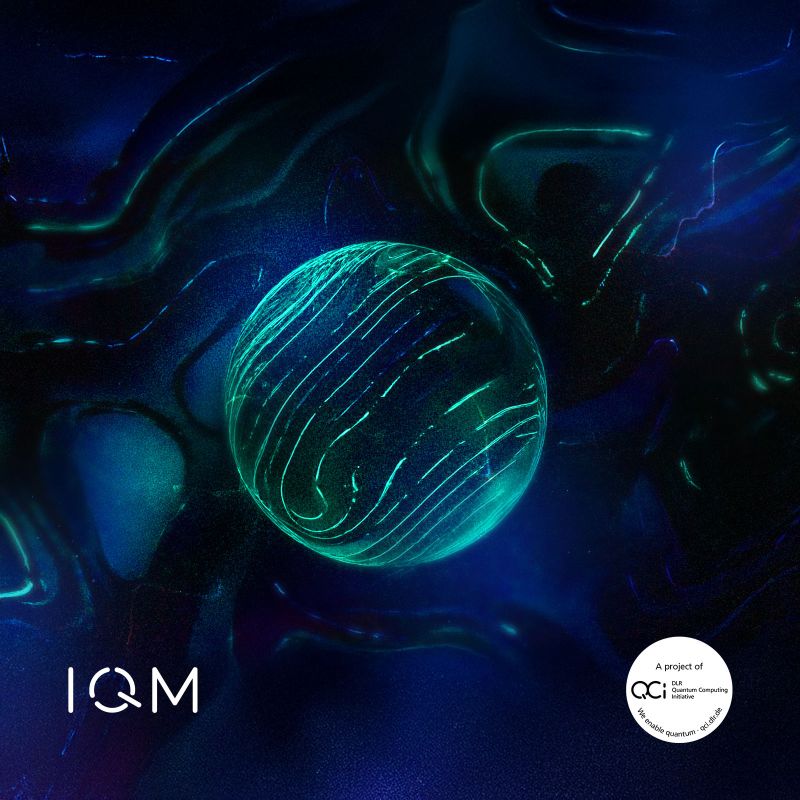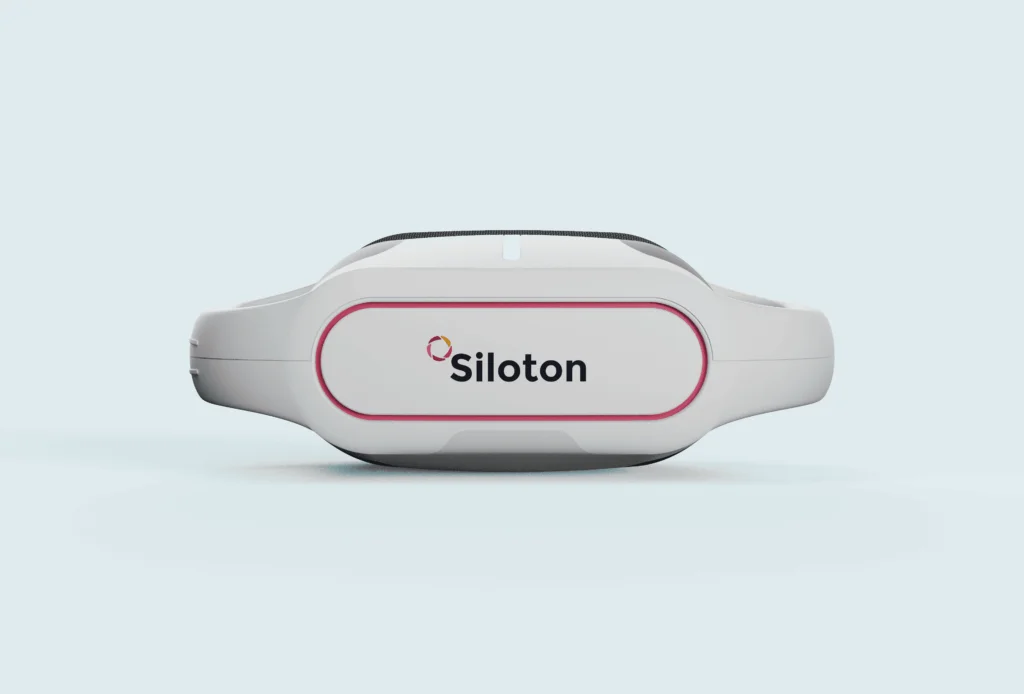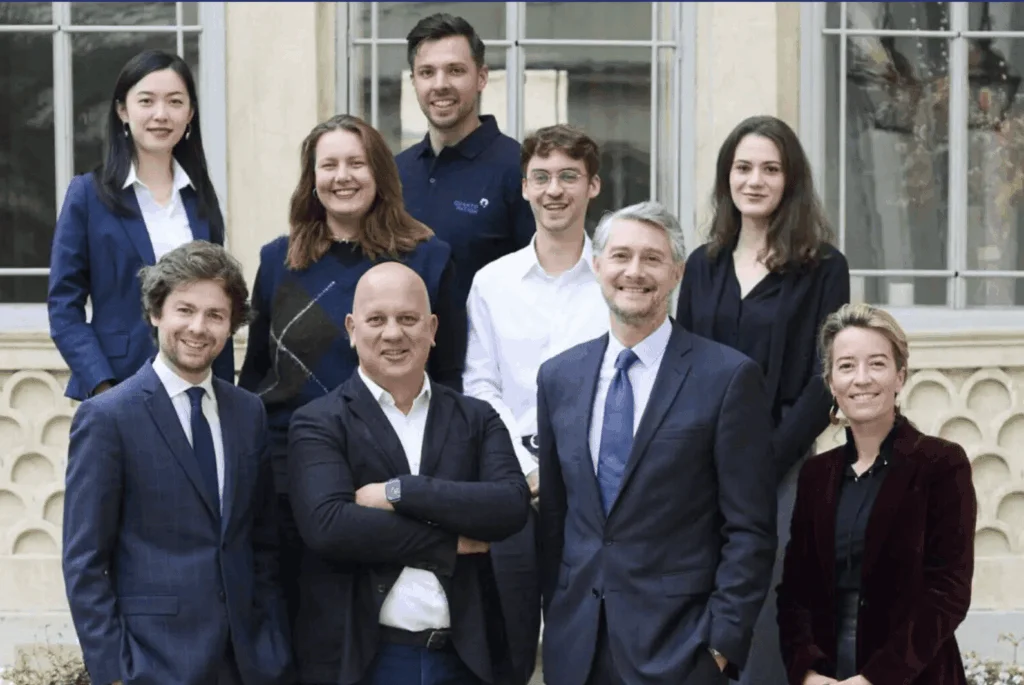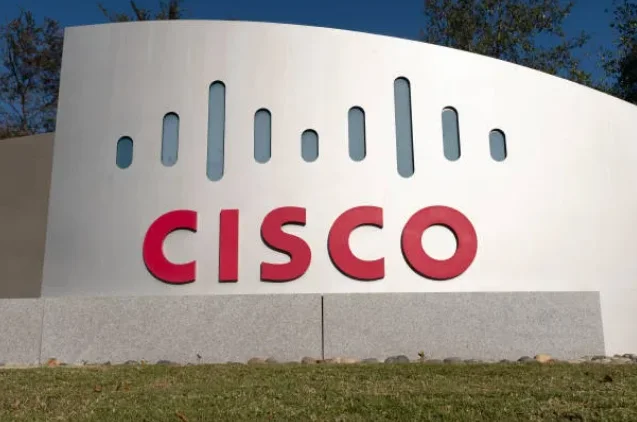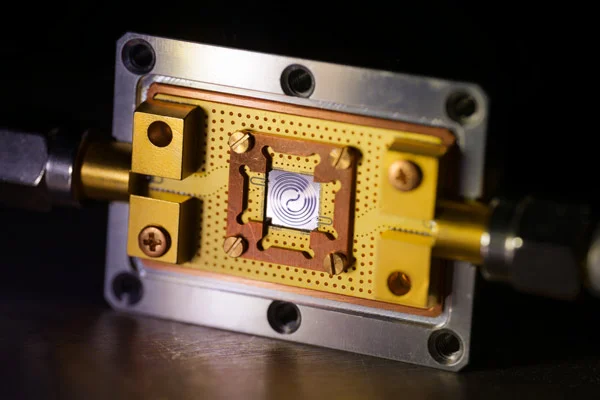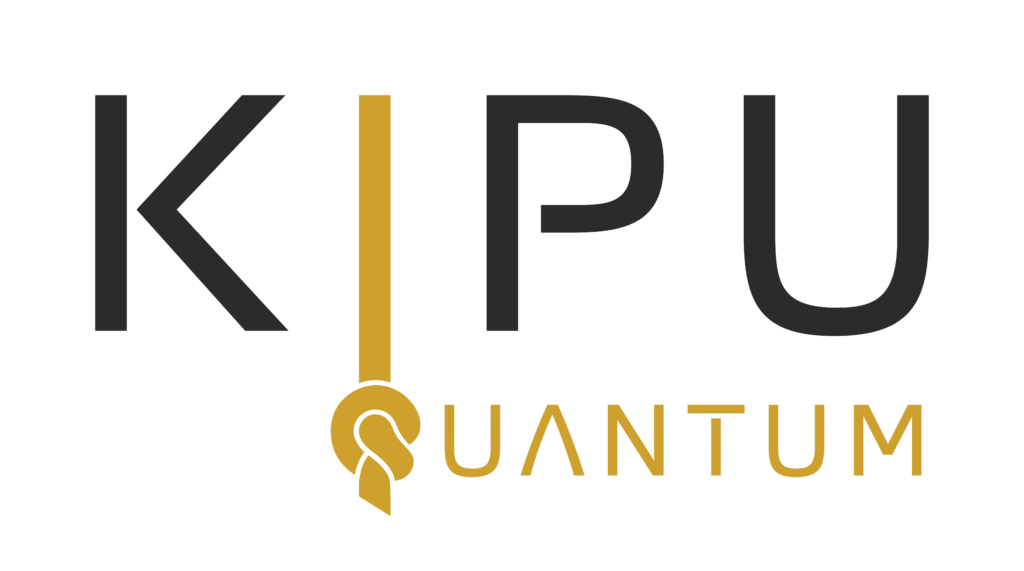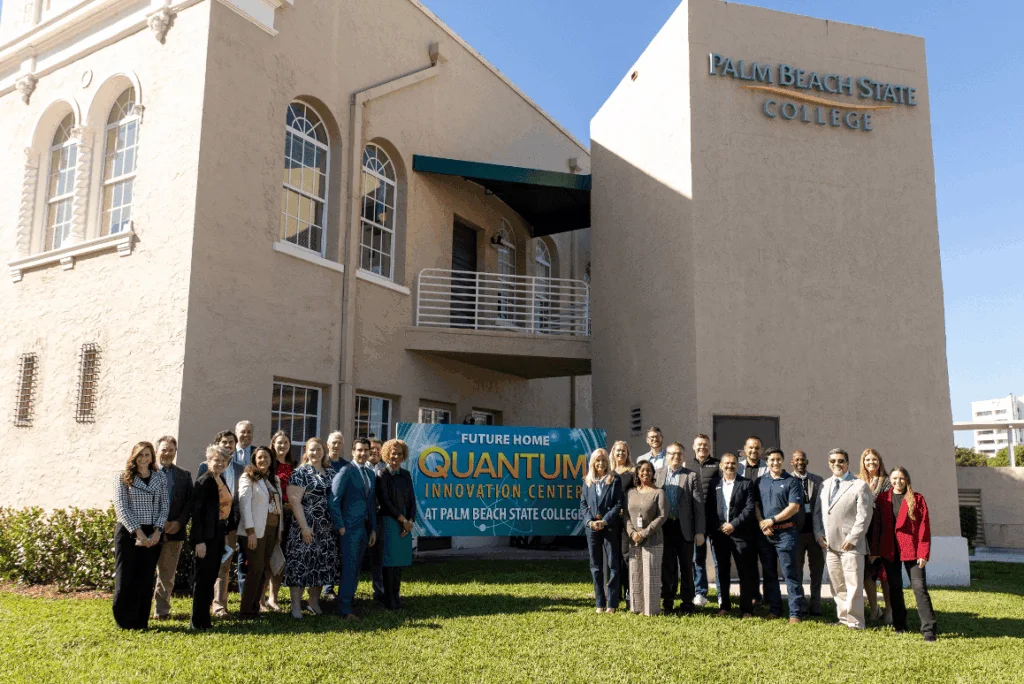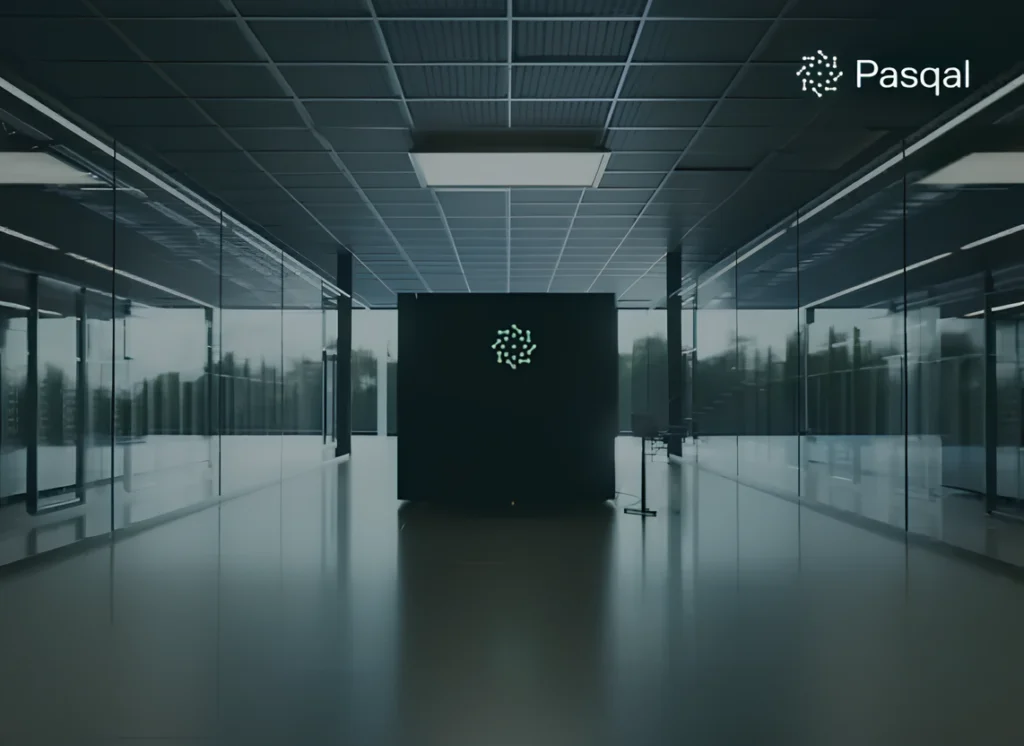Insider Brief:
- The DLR Quantum Computing Initiative (DLR QCI) has selected IQM Quantum Computers to develop quantum embedding algorithms for simulating materials science systems as part of the QuantiCoM project, set to conclude in 2026.
- IQM will use embedding techniques to re-express large material systems as smaller, strongly correlated models connected to an environment, making them suitable for quantum computation while retaining accurate physics.
- The project will utilize IQM’s Resonance quantum cloud platform to test the algorithms, advancing the understanding of strongly correlated systems in solid-state physics and quantum chemistry.
PRESS RELEASE — The DLR Quantum Computing Initiative (DLR QCI) of the German Aerospace Center has selected IQM Quantum Computers (IQM), a global leader in superconducting quantum computers, to develop quantum embedding algorithms for the simulation of materials science systems.
“Winning this contract demonstrates our dedication to advancing the growing quantum ecosystem, said Dr. Inés de Vega, Vice President for Quantum Solutions at IQM Quantum Computers. “With our world-class technical knowledge and experience in both the application of embedding methods and the development of new approaches, we are ready to advance our understanding of strongly correlated systems. These are crucial for research and industry applications in solid state physics and quantum chemistry.”
With brute force approaches, the current Noisy Intermediate Scale Quantum (NISQ) computers and near-term fault tolerant computers can only simulate small quantum systems.

Embedding techniques are a promising avenue for material science, since they allow to tackle large systems by re-expressing them in terms of an effective model comprising a small, strongly correlated part of the original system connected to an environment which represents the rest of the system.
The properties of said effective model can then be determined self-consistently. The advantage of embedding methods is that the effective model is smaller and simpler than the original system and hence more pliable to the restrictions of quantum computers, but still very hard to solve for classical computers in the general setting.
“These approaches will eventually allow to tackle large material systems by self-consistently re-expressing them in terms of effective models that retain the correct physics whilst requiring significantly lower quantum resources,” explained Dr. Fedor Šimkovic, Team Lead for Fermionic Simulation at IQM Quantum Computers.
The QuantiCoM project will test the quantum algorithms on IQM Resonance, a quantum cloud platform. The project is expected to be completed in 2026 and will be carried out in support of the DLR QCI’s QuantiCoM project dedicated to exploring quantum computing for materials science and engineering.
Launched in 2021, the DLR QCI develops and expands the German Aerospace Centre’s quantum competencies and strengthen the quantum computing ecosystem.
About DLR QCI:
The DLR Quantum Computing Initiative (DLR QCI) engages partners from industry and business, startups, and research to jointly develop quantum computers, enabling technologies, software, applications, and the necessary economic environment. The German Federal Ministry for Economic Affairs and Climate Action (BMWK) has provided DLR with the necessary funds for this purpose. DLR consolidates expertise, technologies, and infrastructures at two innovation centers in Hamburg and Ulm, creating the industrial basis and economic environment for quantum computers in Germany: the quantum computing ecosystem.
About IQM Quantum Computers
IQM is a global leader in designing, building, and selling superconducting quantum computers. IQM provides both on-premises full-stack quantum computers and a cloud platform to access its computers anywhere in the world.
IQM customers include the leading supercomputing centres, enterprises, and research labs which have full access to IQM’s software and hardware. IQM has over 280 employees with offices in Espoo, Madrid, Munich, Paris, Palo Alto, Singapore and Warsaw.

